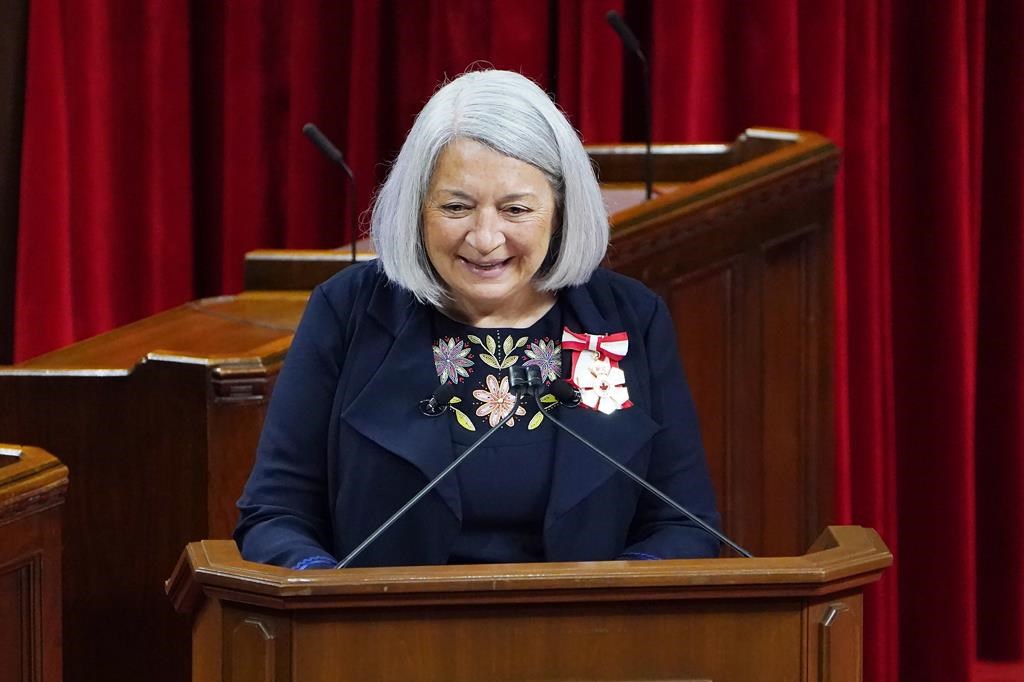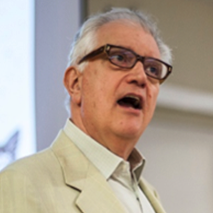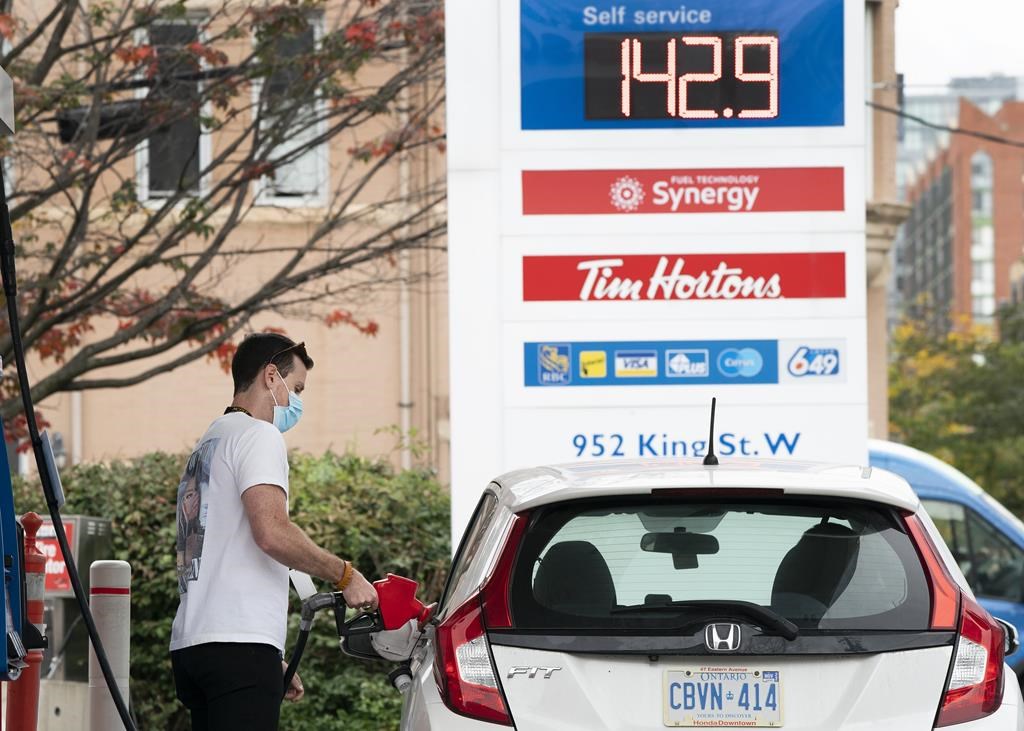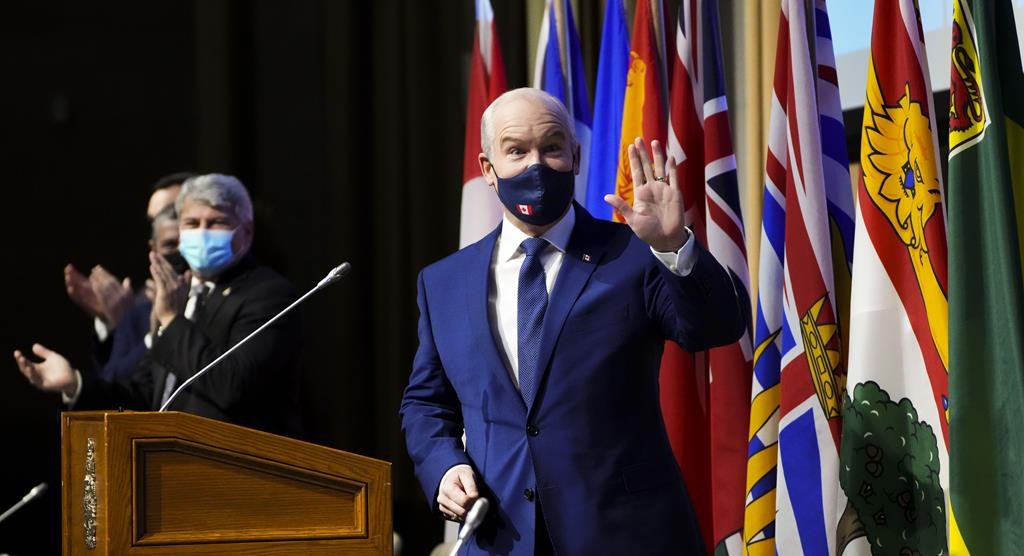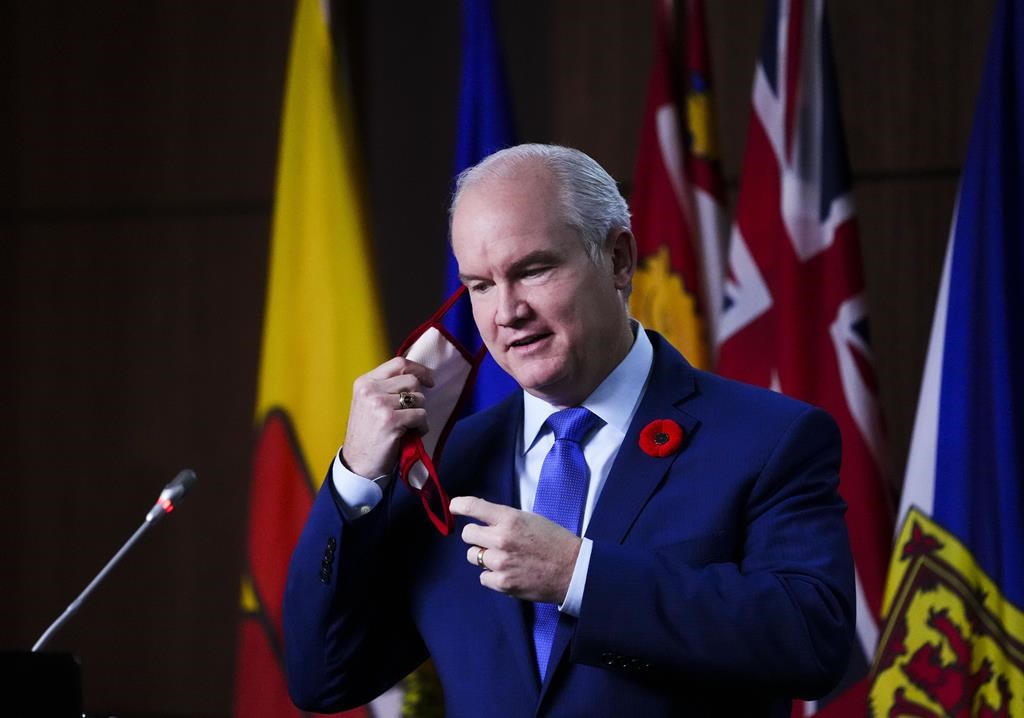Erin O’Toole may not be the best man at winning elections. But boy he sure can spread a rumour like no one else.
With the tenacity of a prying neighbour or a gossipy teenager, O’Toole spent much of early November spreading the bizarre, unsubstantiated story that the Liberals and NDP were planning on forming a coalition government. According to O’Toole, such an arrangement between the two parties is a “radical” concept that would require “billions of dollars of new spending to buy Jagmeet Singh’s silence” making it a “disaster” for the economy. This would make Canada a “a poor and less relevant nation” and “threaten” both “the livelihood of millions of Canadians” and “national unity” itself.
It’s quite the story and O’Toole is quite the storyteller.
But make no mistake about it: it’s all a work of fiction.
While NDP MP Charlie Angus did confirm that Singh and Prime Minister Justin Trudeau had “an initial conversation” about co-operation and shared legislative priorities, a Liberal source made clear that there was no “formal agreement” nor even any ‘talk to have a formal agreement.”
Singh himself reiterated this point at a recent news conference.
When asked point blank by a reporter about the coalition rumours, Singh could not have been more categorical in his response.
“There is no discussion at all of a coalition and that is a firm no for me,” he said. “There’s not going to be any coalition at all.”
As for O’Toole, well he’s the one guilty of spreading the rumours in the first place. Or, as Singh put it, “making stuff up.”
It’s hard to find much fault with Singh’s version of events.
Most formal coalitions require the sharing of cabinet positions. And last time I checked; Trudeau allocated no positions in his bloated cabinet for NDP MPs. If he had, we might have witnessed some truly inspired cabinet appointments, like Charlie Angus being assigned to Indigenous Affairs, Alexandre Boulerice to Labour, or Singh himself as Deputy Prime Minister.
But of course, that didn’t happen.
Instead, all of Trudeau’s cabinet appointments went to his cabal of loyal Liberal followers, leaving little possibility for a coalition agreement with other parties to be hashed out.
For Trudeau – a man not particularly renowned for sharing power or for reaching across the aisle and establishing constructive relations with opposition parties – this was certainly his preferred outcome. The same goes with Singh and the NDP.
For years, the spectre of the failed 2008 coalition attempt by Stephane Dione, Jack Layton and Gilles Duceppe has enveloped Ottawa and suffocated any enthusiasm or mindful considerations into the merits of a coalition government. Never mind that the chief reason for that coalition’s abysmal failure was more to do with the incompetence of its leaders and the inclusion of separatists as a governing faction than anything else. The Liberals and NDP still fear another voter rebellion against them, should they attempt anything even remotely similar.
It’s a shame, because despite all the fearmongering coming from O’Toole and other Conservatives, the formation of more coalition agreements would really be a benefit to Canada’s democracy. Not only are they perfectly legitimate, but they can help foster inter-party cooperation and dial back hyper-partisanship. Furthermore, when compared to the one-party rule of majority governments (most of which rarely secure over 50 percent of the popular vote) coalitions have the added advantage of ensuring that a greater percentage of voters are represented around the cabinet table.
The strengthening of democracy isn’t the only reason to consider the formation of more coalition governments.
In the current context, a coalition between the Liberals and the NDP would have helped facilitate and accelerate the implementation of more progressive policies in Ottawa. This would benefit everyday Canadians, yes, but also the political parties responsible for implementing said policies.
After two disappointing election cycles, the Liberals must realize by now that their lack of progressive achievements – the ones that actually bolster the socio-economic well-being of working-class Canadians – are wounding them. Its probably too late now, but the influence of the NDP in a formal coalition might have been exactly what Trudeau needed to cement a more admirable and robust legacy before his inevitable retirement.
As for the NDP, they’d have received more publicity for policy accomplishments, and would gain the credibility and experience of governing in Ottawa; something that they’ve long sought after. They’d just have to be wary of being swept up by the Liberal’s token progressivism – and being punished for it later at the ballot box.
Regardless of these and other potential pitfalls, the NDP, the Liberals and indeed, all of Canada’s political parties should really get over their fear and aversion to the idea of coalition governments. They’re anything but the “radical” notion O’Toole claims they are, and voters will recognize as much when the democratic rewards from them begin to accumulate.
Plus, it would just be nice if for once the Liberals and the NDP actually gave the Conservative leader something truthful to gossip about.





